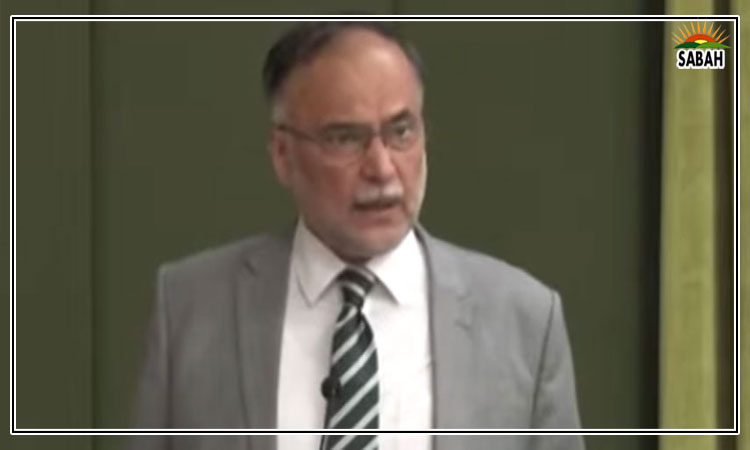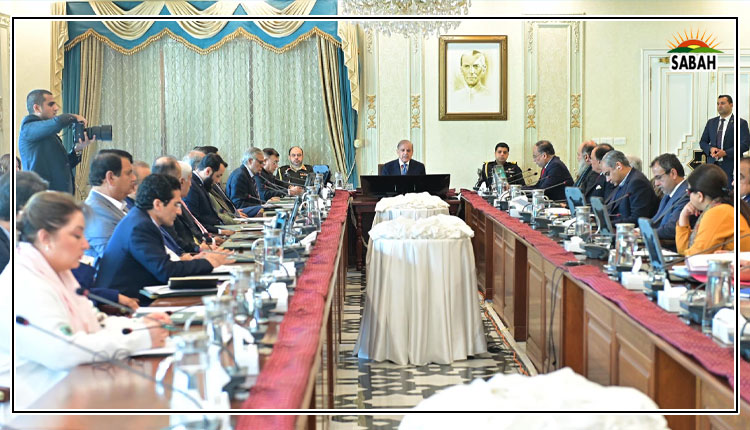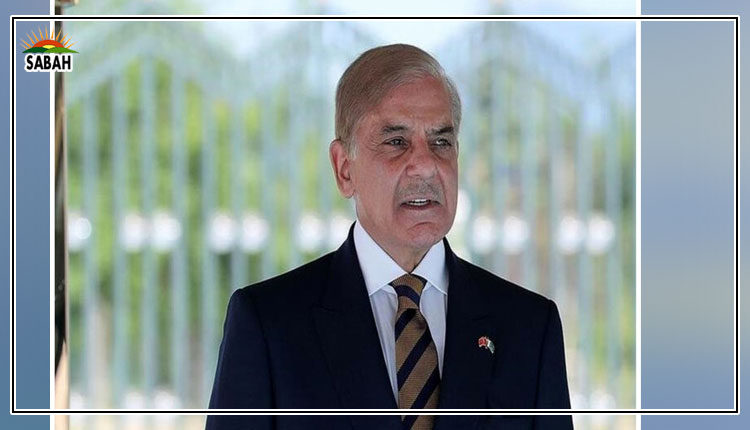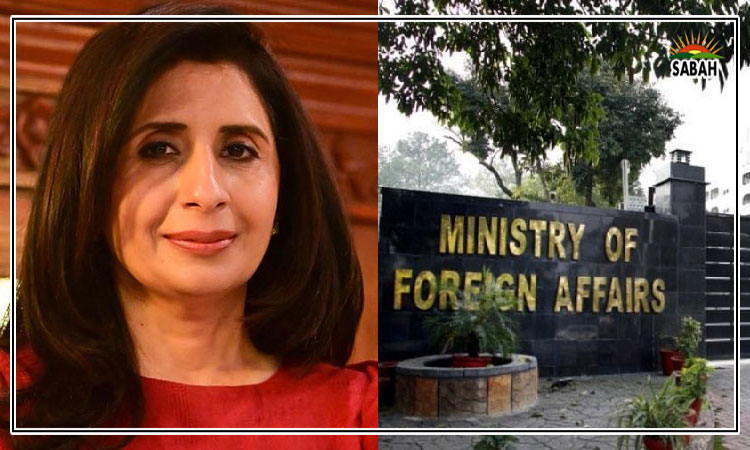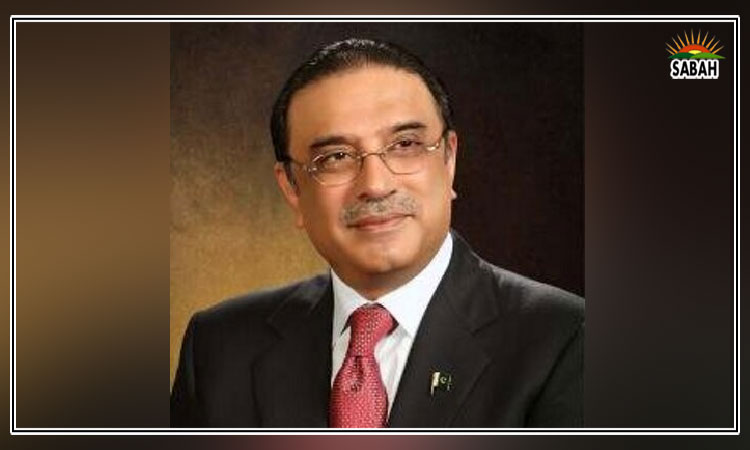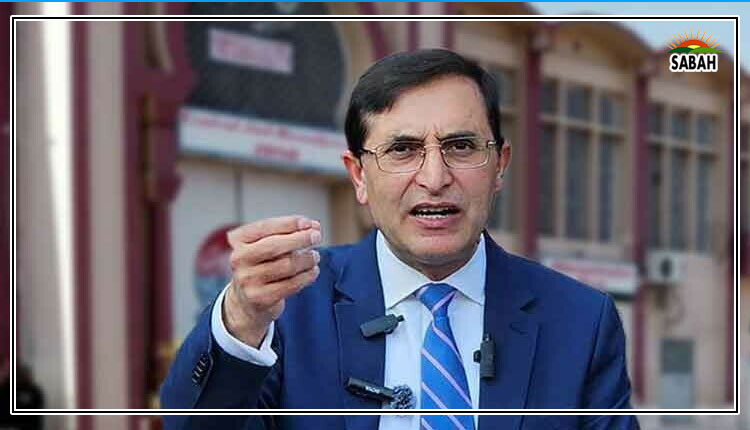Whose narrative is it anyway?…Zunaira Azhar
From quantum physics to political science, nothing can change without creative destruction. An atom has to break down to start a chain reaction of energy; a political theory must evolve with technological realities; and social order can only be restored by constantly embracing what society moves on to.
Suppress this evolution and the result is inertia and even that will break someday. The global order has always faced inevitable crises; the byproducts of the continuous breakdown have taken the form of new states, new ideologies and new conflicts. This is unstoppable, and the only option we have is to decide whether its going to be a creative breakdown with the dividends of peace and stability, or a disastrous meltdown only producing further chaos.
A similar chaotic breakdown of the imperial powers in the 1940s pushed the world to a new political order with new nation-states, and nationalism. If you see the nation-state as an atom, and you split it down to release further energy, the most powerful byproduct would be nationalism, which has had the tremendous power to dissolve imperialism. On the flip side, in its most dangerous tendency it has also developed into Nazism, fascism and authoritarianism.
From this philosophical/historical perspective, the question that arises is: what is Pakistans national narrative over the years? Who has developed it? State, society, academia, or the political and religious elite? In the case of Pakistan, nationalism has always been exercised under different pretexts and contexts, by political institutions and leadership.
It is the political strength coded in the behaviour of an institution that shapes the political landscape and social behaviour of a society. But if certain groups within institutions start devising policies for themselves, and some groups start receiving more advantages from economic outcomes than others, with time the beneficiaries of the system gain political control of the institutions.
As a result, theres no governance or rule of law. Elite capture takes over, and economic deprivation gives birth to a chain reaction of chaos. The ultimate casualty is a disabled political order where the institutions and the political leadership who have the same share in the existing elite grab start engaging in a final game of thrones for absolute control.
We have all witnessed these endless clashes where each player claims to be holier and more nationalist than the other. Endless narrative pacing, producing home-grown politicians, enhanced threat threshold (both internal and external) have slowly but surely compromised the very national security spectrum each actor promises to ensure.
Then the inevitable happened. The finest of the populist concoction came out as the byproduct of the game of thrones and got sold like hot cakes. The anti-elite and religious-nationalism came at the back of the Trojan horse of the century the digital media. Whatever little space a national discourse had, has now been taken over by trillions of bots and activists that are humming the same narrative from the US Congress to the UK parliament and so on, and the creators have no clue what went wrong and how to undo it.
The most recent example of this undeterred narrative in control of the affairs is the establishment-judiciary collision. And yet it is thought that this can be controlled through the old playbook. What needs to be realized is that the decades old practice of rebooting the basic handbook called the constitution by those aiming at taking complete control through trial and error has landed us in the situation we are in today. To achieve this single goal the most powerful are free today but their own creation has grown too big and is out of their hands now. Its like an experiment gone wrong but the scientists involved refuse to see where they fumbled with the equation. To get back on a normal trajectory is not going to be easy, what with an economic and socio-political time bomb ticking.
To cool down the temperature, many have called for a multi-pronged approach. The top most advised solution is for the power contenders to talk to each other. Fair enough that makes sense. But in a country where leaders are made to come onto a table by other powers, what should one expect? Wheres the sovereignty in that? And who would agree to give up control? If the mediator happens to be an international one, what would they gain in return?
The task is grander than it seems. Other than the ongoing hunger games among the power contenders, the challenge is to redirect the narrative that has gone too viral millions of eyeballs fixated on the populist design at play. While its true that its a global trend that leaders who fuse populist anti-elite rhetoric with nationalist appeals are on the rise, yet we must understand that those countries have basic shock absorbers like a stable economy, good governance and an intact constitutional framework. We have none.
So, for starters, some sort of economic delivery and less aggressive posturing from all players is the only way forward. Also, the critical question that must be addressed is: who is supposed to build narratives? Institutions? No. Political parties? Yes. So when was the last time we saw a purely pro-people, workable, governance-led narrative?
Im not talking of campaign-driven manifestos here, but an actual narrative to deliver at the grassroots. We never had it. All we had was nationalism now turned into populist agendas by the power structures and given a civilian face. That face is absent today, and so good luck with the one page that never existed.
Courtesy The News



